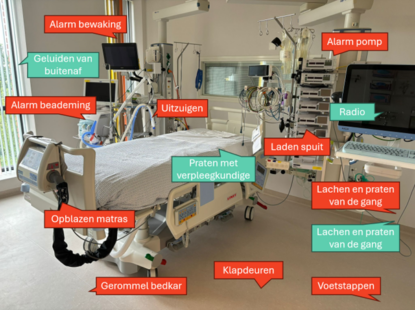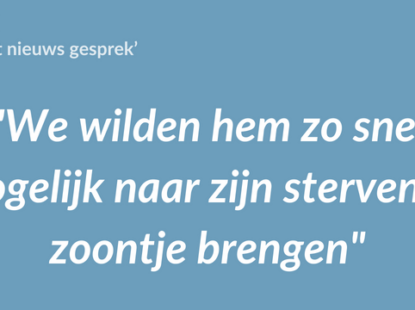Meld je aan voor onze nieuwsbrief
Bij het aanmelden ga je akkoord met onze Privacy Policy
Background
The endpoint of intensive care (IC) therapy is traditionally defined as IC-mortality, hospital mortality or 30-days mortality combined with duration of mechanical ventilation or IC-stay. Recently, long-term survival and health related quality of life (HRQL), have been identified as important markers of the endpoint of IC-therapy. Previous studies on survival after IC-therapy have focused on all Intensive Care Unit (ICU) patients. The prognosis of patients after long-term (>72h) ICU-stay is unknown. The main objective of this study was to determine the 1-year mortality of long-term treated ICU-patients and determine its predictors. Next, HRQL, place of living, use of the healthcare and possible long-term complications were assed in ICU-survivors one, two and five year after ICU-discharge.
Methods
Retrospective cohort study conducted in a 20-bed mixed ICU with ICU-patients being treated >72 hours. The RAND-36 questionnaire was used to assess the current HRQL and compared with a Dutch age-matched norm population.1.2 The long-term complications questionnaire was developed after a literature research and a focus group meeting with General Practitioners. It consists of fifteen items and sub-questions of possible complications which can occur after IC-therapy.
Results
We assessed 740 patients. IC-mortality was 14%. 1-year mortality after ICU discharge was 28%. Predicting factors of 1-year mortality were: high APACHE IV predicted mortality score, high number of co-morbidities, high age at ICU-admission and re-admission within the same period of hospital stay. 191 patients filled in the RAND-36. The HRQL of ICU-survivors was significantly lower compared with the norm population. The most common complications were decreased tolerance, chronic fatigue and processing problems of relatives.
Discussion and conclusions
A limitation of this study was the retrospective design. Therefore we did not assess the HRQL before ICU admission. 1-year mortality after ICU-discharge for patients who were treated for more than 72 hours in ICU was 28%. Several predictors were associated with an increased 1-year mortality. ICU-survivors reported a low HRQL and almost 50% of the patients did not return directly to their residential place after hospital discharge. Frequently reported long-term ICU-complications were decreased exercise tolerance, chronic fatigue and processing problems of relatives.
References
1. Aaronson NK, Muller M, Cohen PD et al. Translation, validation, and norming of the Dutch language version of the SF-36 Health Survey in community and chronic disease populations. J Clin Epidemiol, 1998.
2. Sandwijk. Licit and Illicit drug use in Amsterdam II. 1994.







